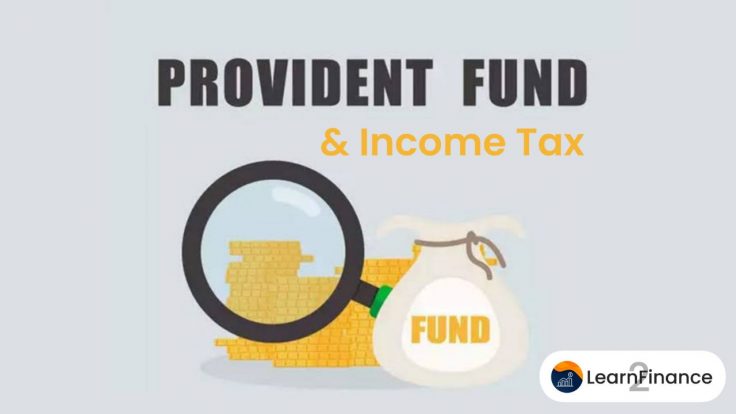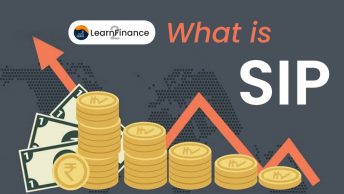There are many types of provident funds that may be used for investments and monthly savings. The functioning and taxability of these funds varies from one another. They are also subject to various sets of rules.
What are the different types of Funds?
The Provident Funds are divided into the following categories:
- Statutory Provident Fund/General Provident Fund – This is established by an Act of Parliament, namely the Provident Funds Act of 1925. Government and semi-government entities manage this fund. Each government employee contributes a portion of his or her salary to this fund. The fund’s earnings are distributed to government employees upon retirement or superannuation. This account is open to all government employees, however it is not available to private sector personnel. This fund can be used to get interest-free GPF advances, which must be returned in monthly instalments. There is no limit to the number of GPF advancements that can be made. This fund will reach maturity at retirement or superannuation.
- Recognized Provident Fund — A fund that has been recognised by the Commissioner of Income-tax in accordance with the norms and regulations of the Income-tax Act. It comprises a provident fund set up following a plan outlined in the Employees’ Provident Funds Act of 1952. Private-sector entities manage this fund. This is a well-known Employees Provident Fund. Any employer with 20 or more workers is required to join the EPF and contribute to the Fund.
- Public Provident Fund — This fund is a tax-saving investment vehicle for residents. The PPF account can be opened at any of the authorised nationalised banks’ branches and subsidiaries, as well as certain post office branches. The lowest investment amount is Rs. 500 and the highest is Rs.1.5 lacs. It is a 15-year programme, and the account will only mature after 15 years. With PPF, there is no space for early withdrawal. There is no loan or advance facility from or against PPF.
- Unrecognized Provident Fund – An unrecognised provident fund is one that is neither a statutory nor a recognised provident fund, and it is also not a public provident fund.

How is the taxation done of these funds?
Taxability of contributions into and receipts from provident funds: The question of taxability in relation to these funds arises at the time of distribution.
- Contributions are made to the fund.
- Receiving the fund’s matured amount and
- The fund’s interest earnings.
The taxability at each level is addressed below:
| Type of Provident Fund/Payments or receipts | Statutory provident fund (GPF) | Recognized provident fund (EPF/RPF) | Unrecognized provident fund | Public Provident Fund |
| Contribution of the employer to the provident fund is done. | Exempt from tax | Exempt up to 12% of pay; any excess of employer contribution over 12% of salary is taxable. | Exempt from tax | Inapplicable (Even if an employee contributes to your PPF, it will be considered as part of your pay.) |
| Deduction for employee contributions under Section 80C | Available | Available | Not available | The deduction is allowed on contributions made by the account holder. |
| Interest credited to provident fund | Exempt from tax | Exempt from tax if the rate is not higher than the rate notified; otherwise, all interest earned on the notified rate is taxable. | Exempt from tax | Fully exempt |
| Payment of the lump money on withdrawal or service discontinuation. | Exempt from tax | The otherwise providing fund is considered as a non-recognized fund from the start, exempted from tax in some instances. | Payment received in respect of the individual contributions of the employee must be free from taxation, the interest on the contribution of the employee may be taxed under the heading ‘Revenue from other sources.’ However, under section 89 relief may be claimed (1) | Fully exempt |



![10 [Must Read] Books on Personal Finance for Indian Investors 4 10 [Must Read] Books on Personal Finance for Indian Investors](https://learn2finance.com/wp-content/uploads/2021/09/10-Must-Read-Books-on-Personal-Finance-for-Indian-Investors-344x194.jpg)




